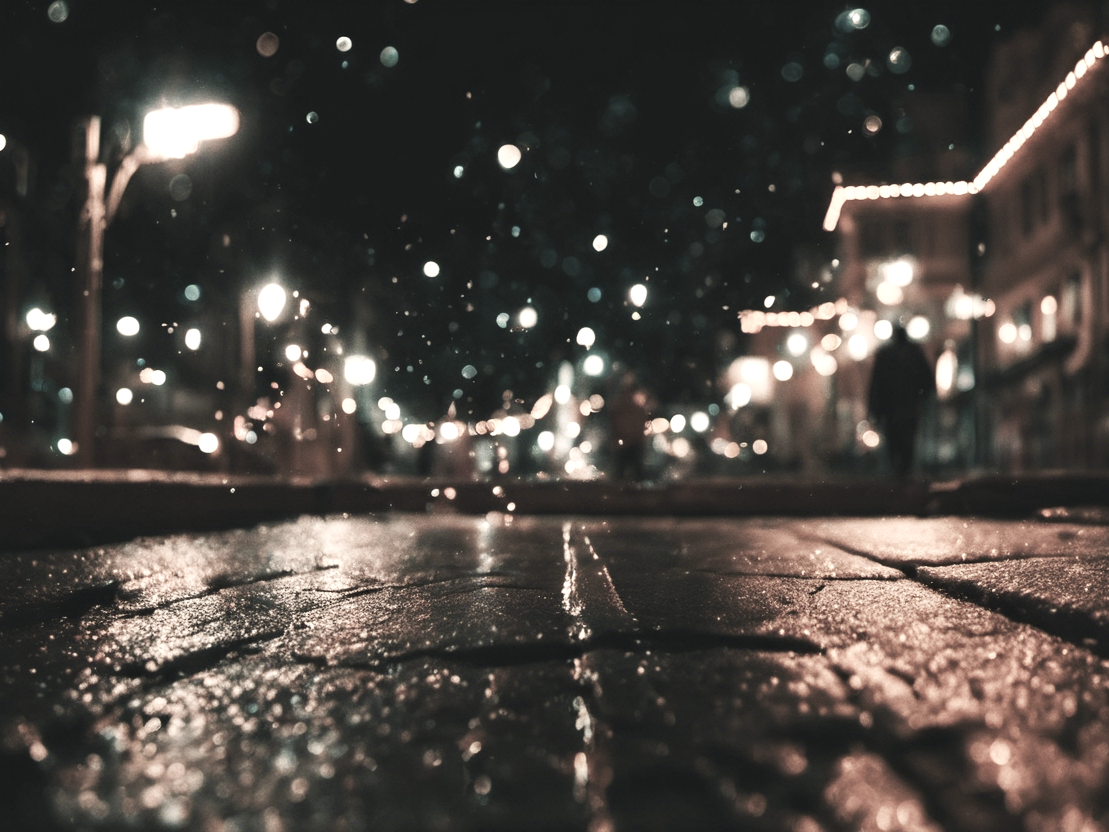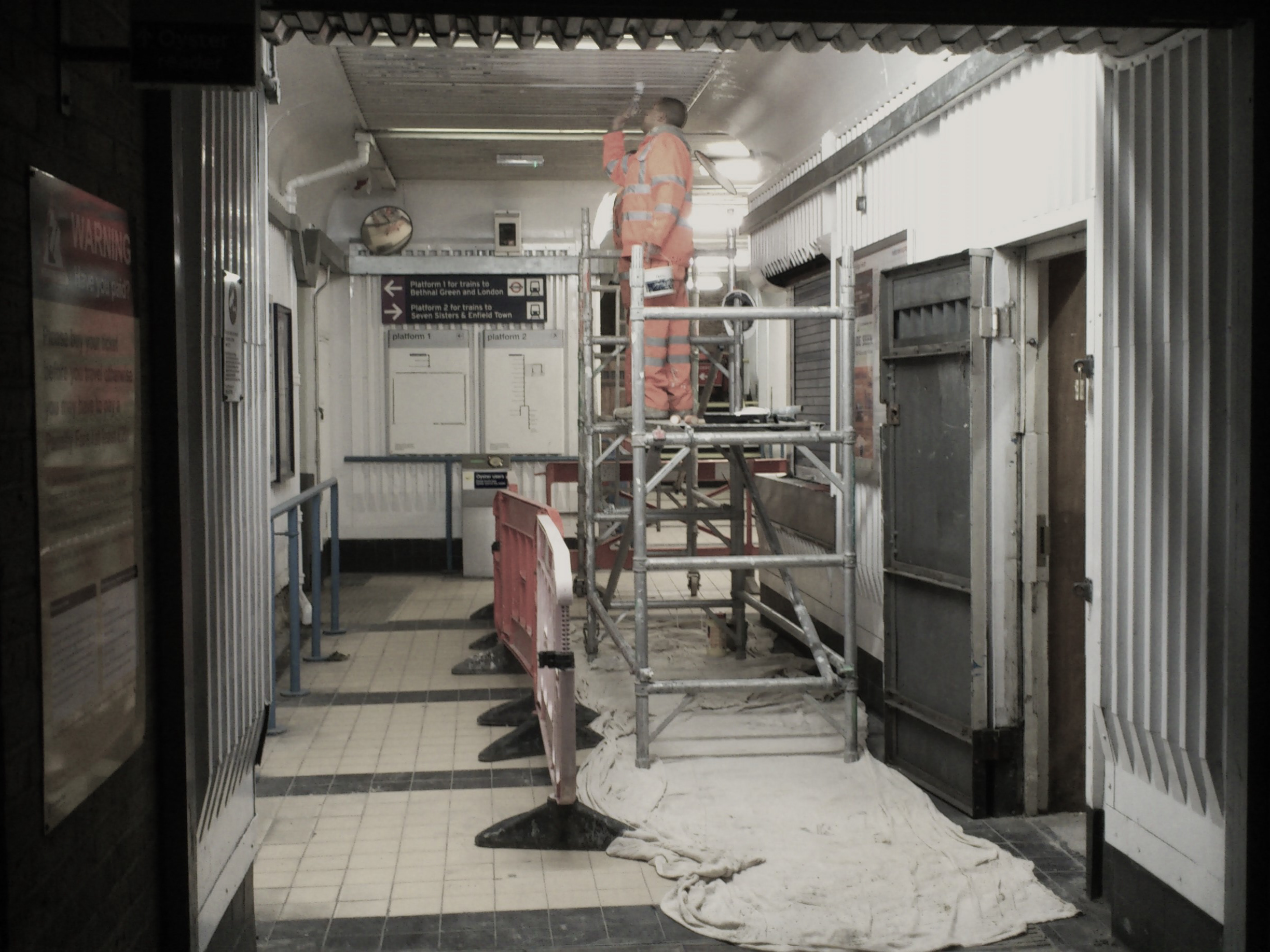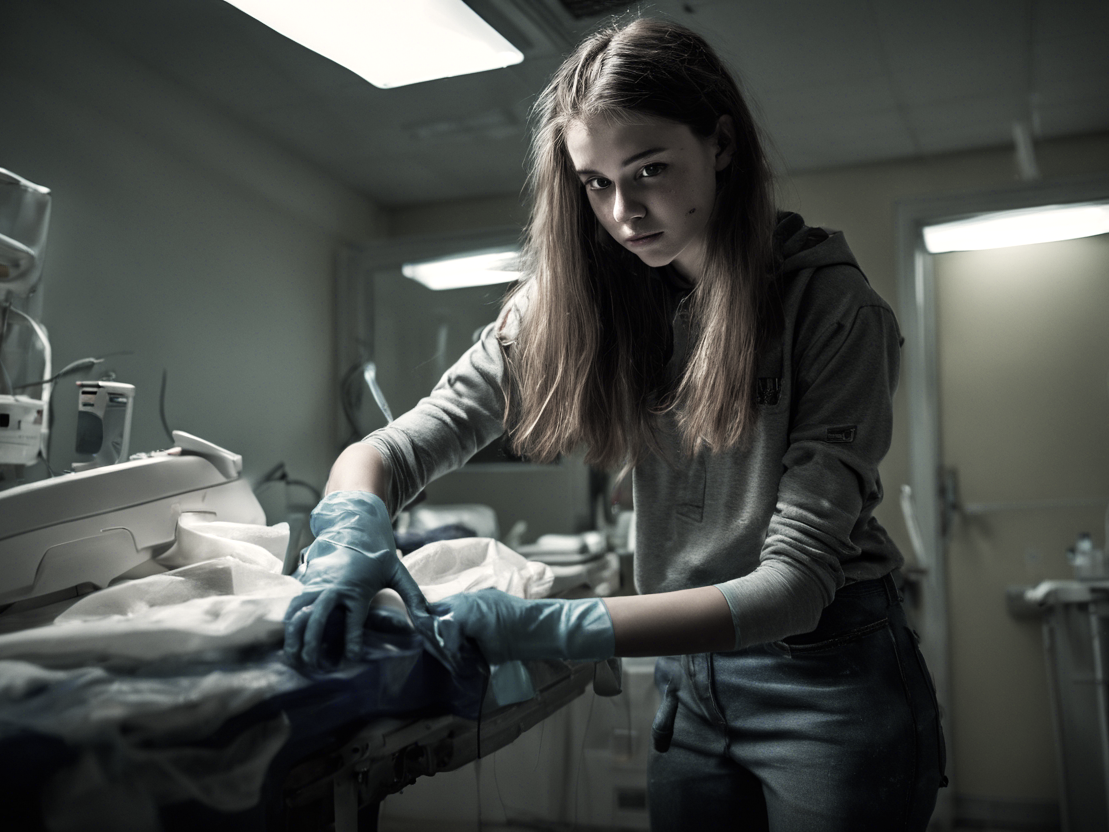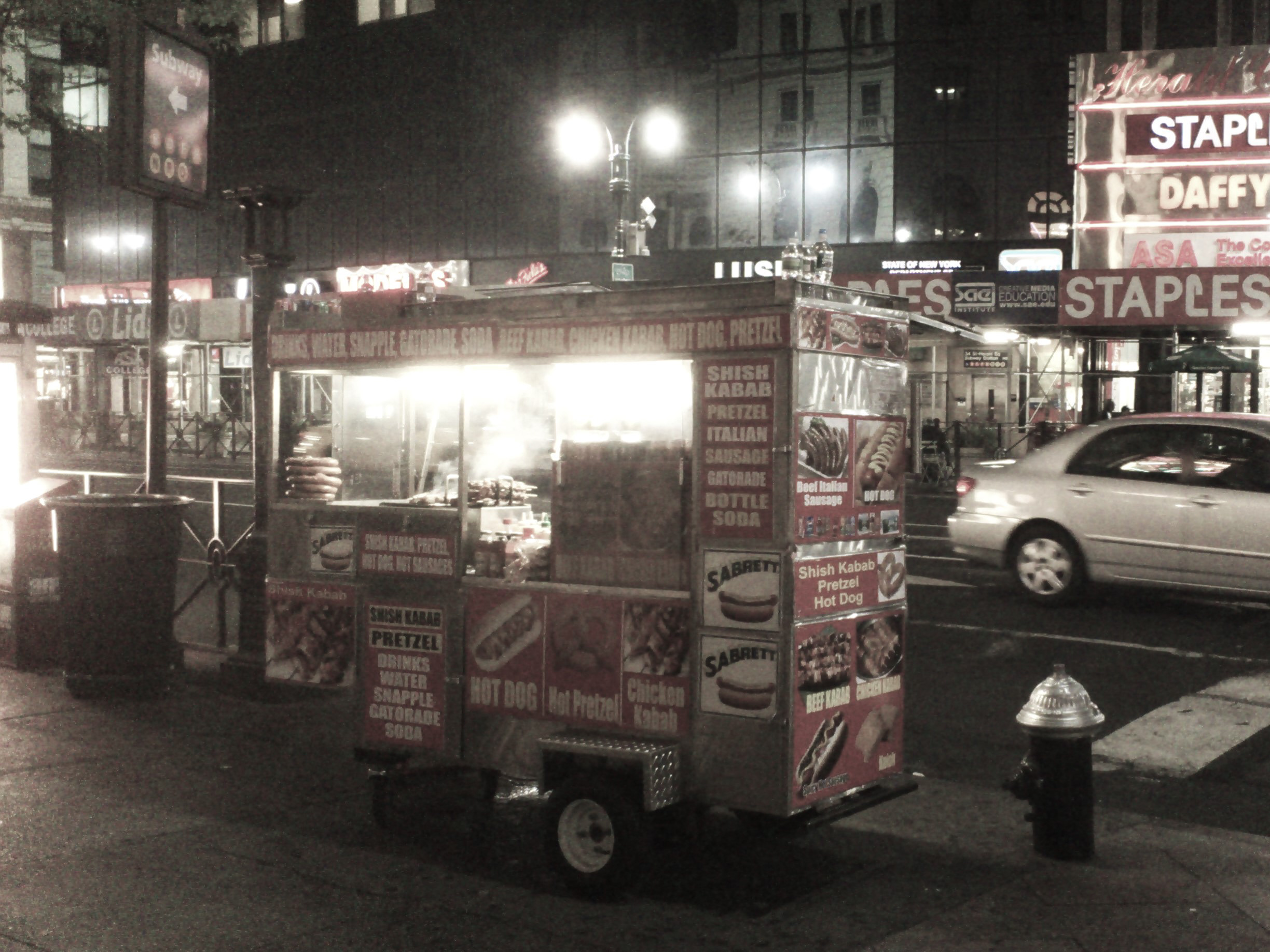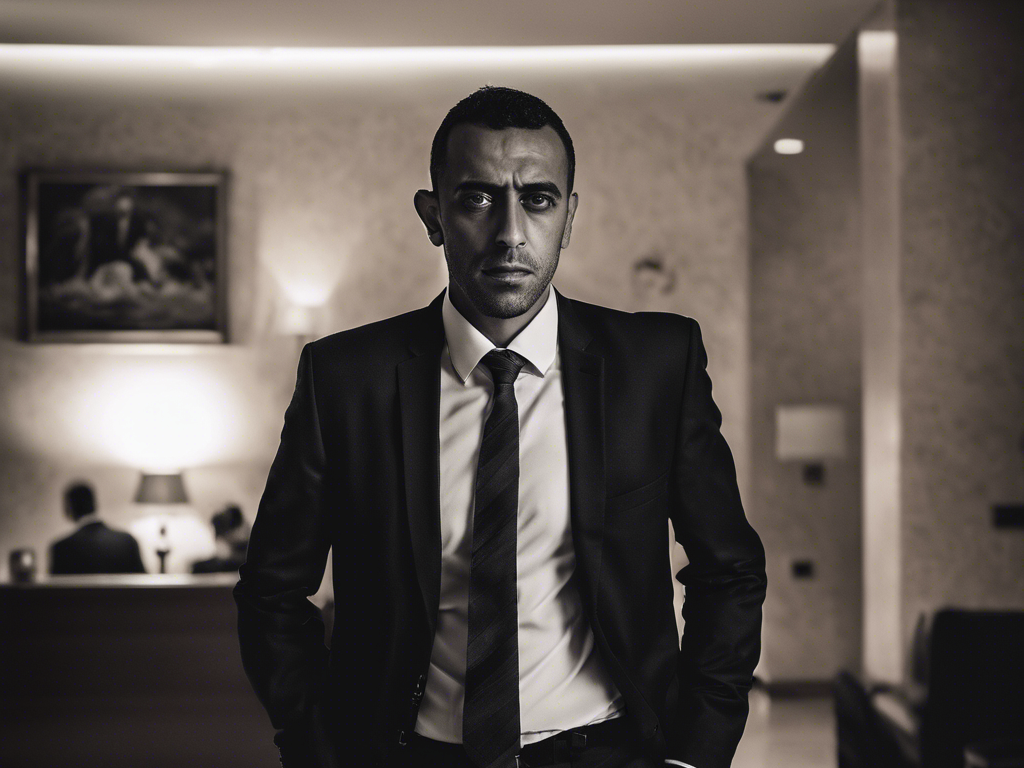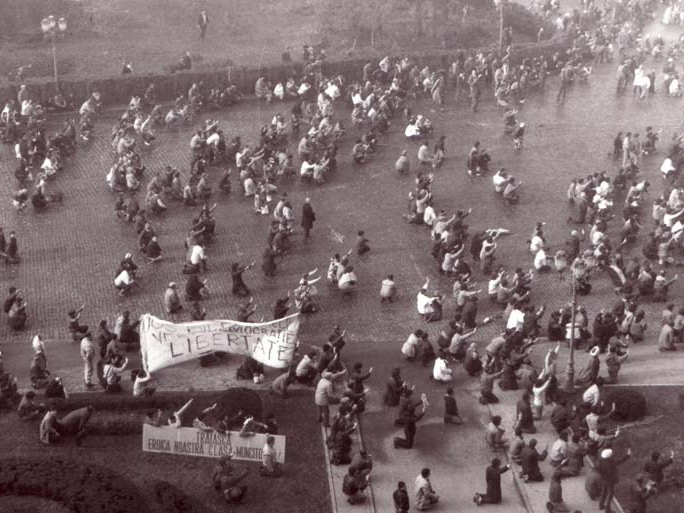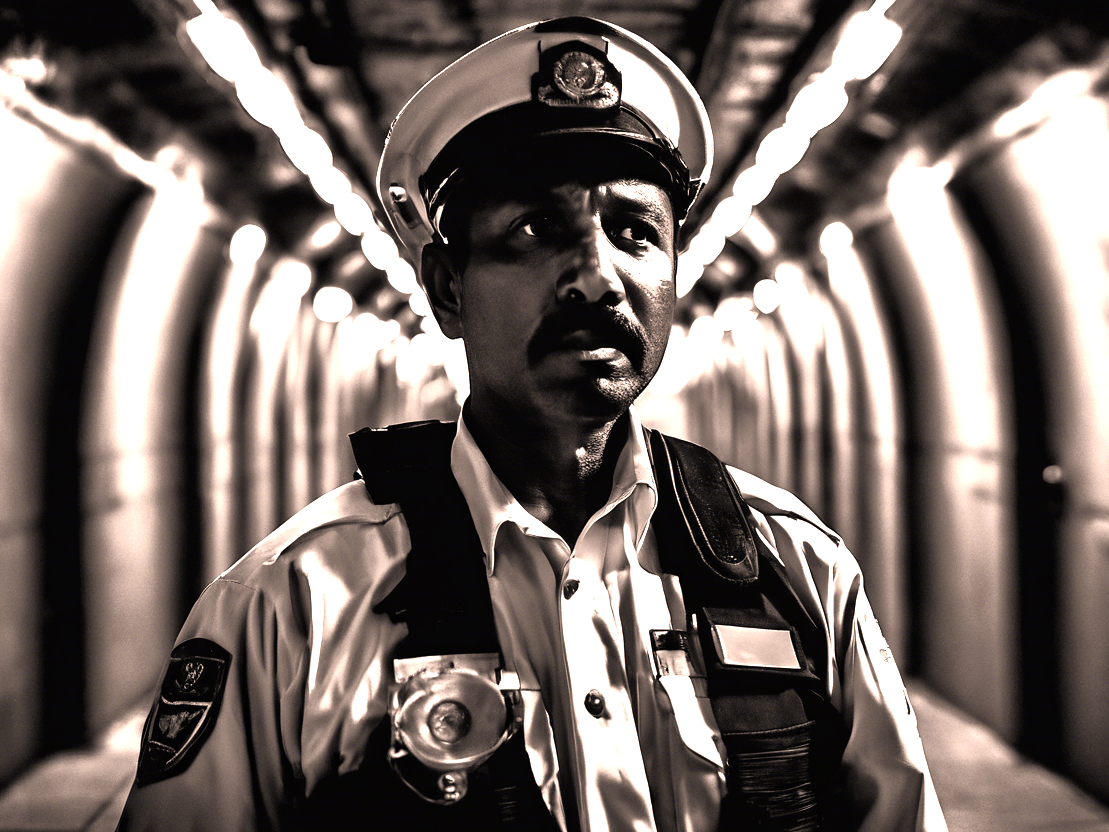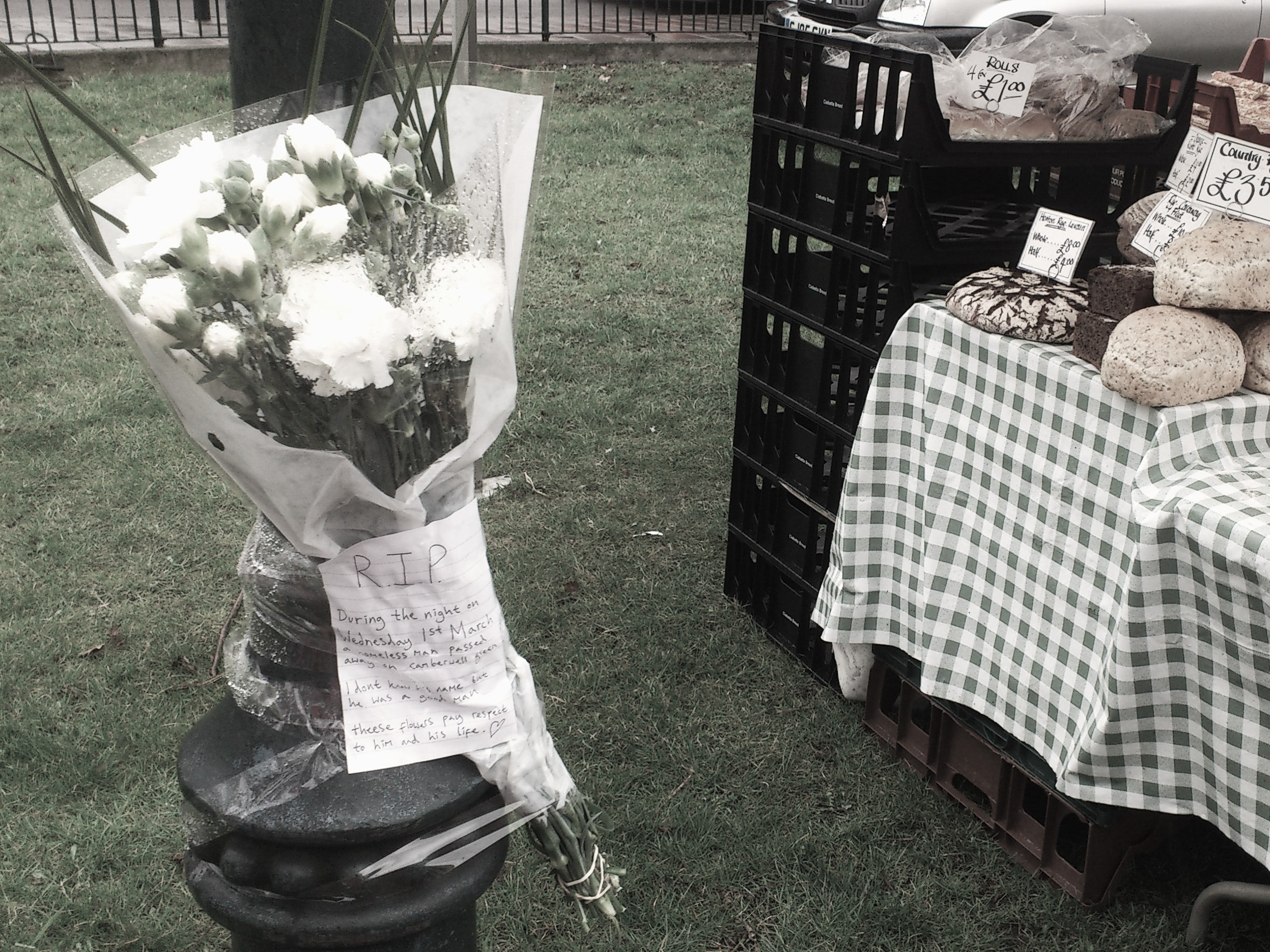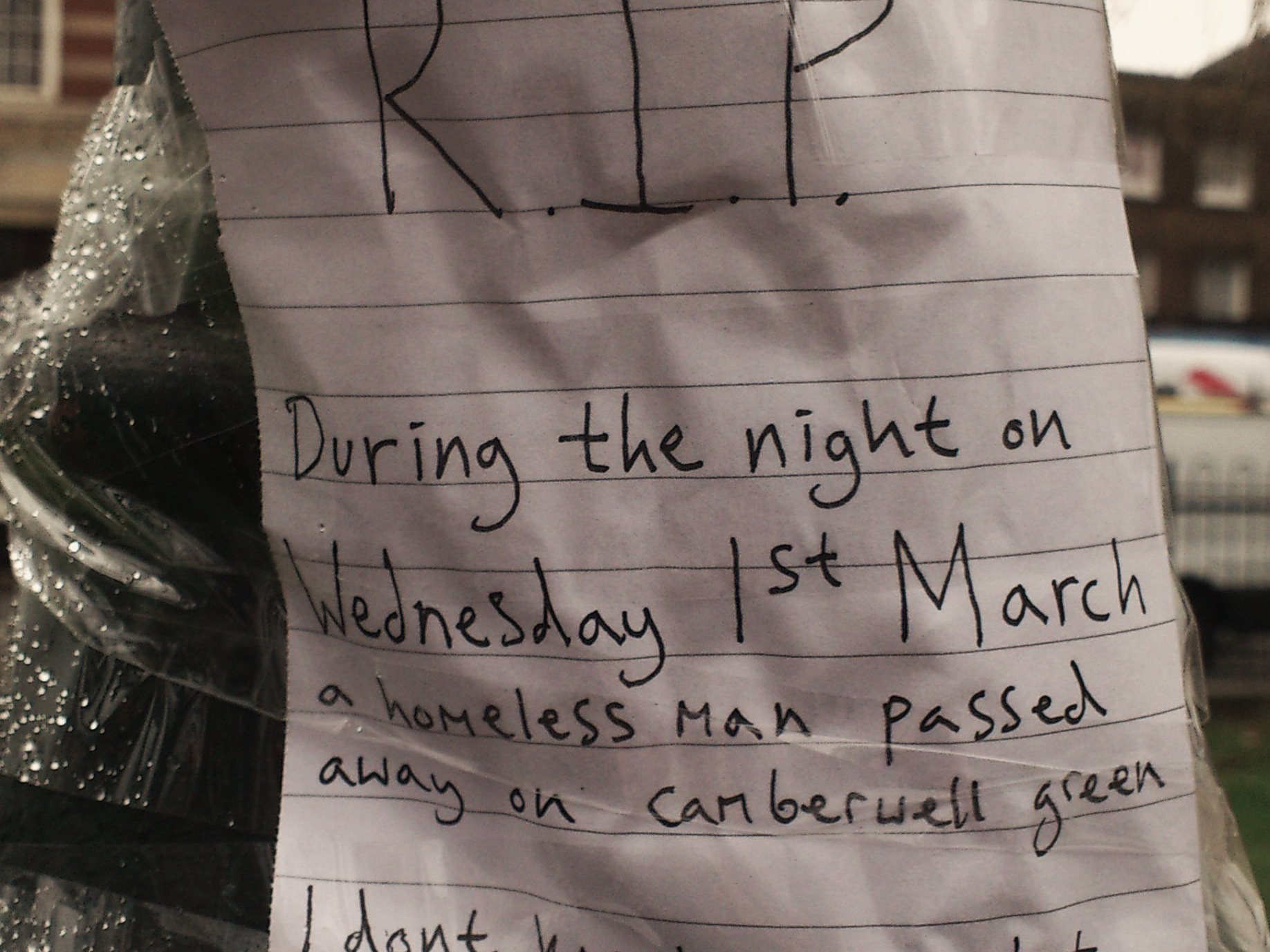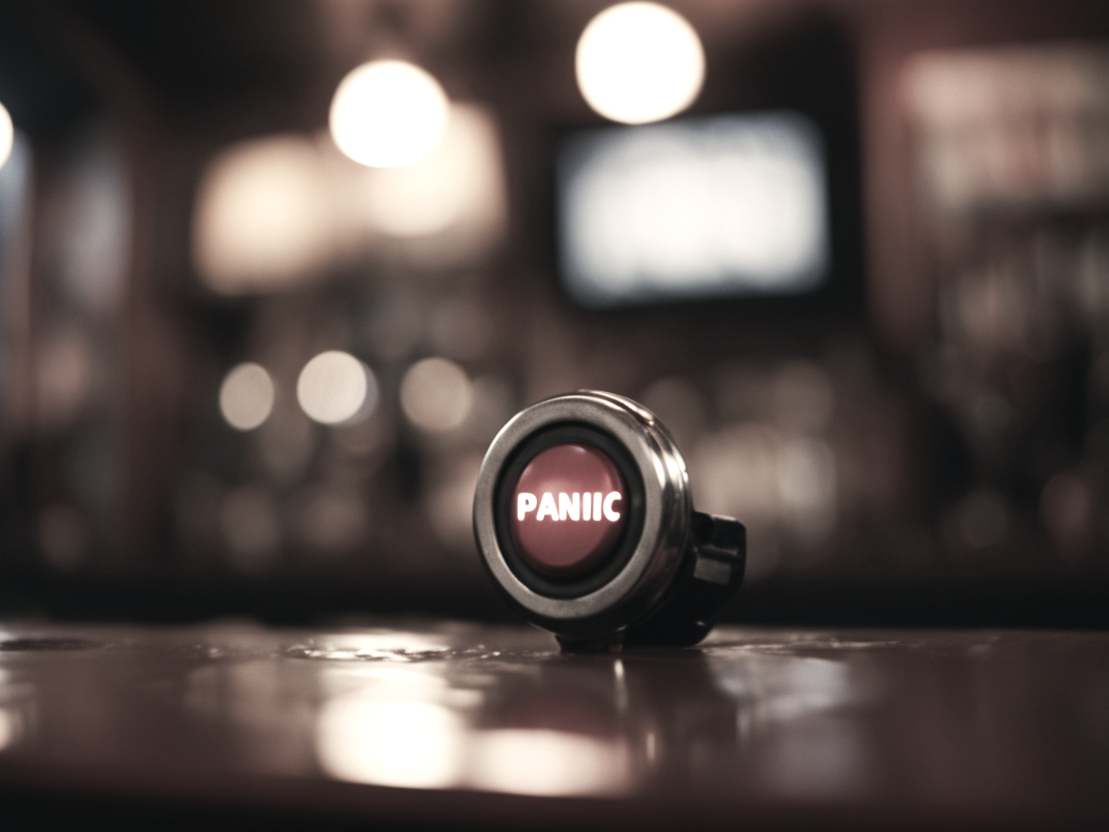When we peak through the windows of an unlit and seemingly deserted security cabin on a public square in Cluj-Napoca (Romania), the door suddenly opens and a guard hops out like a cuckoo from his clock. He is a man in his sixties, a soon-to-be-retired policeman, who staffs the small white cubicle three nights a week. He looks after the square and its many landmarks, an Orthodox Cathedral, a National Theatre, a controversial statue of a national hero erected by the former nationalist mayor, and dozens of flagpoles. Now and then, there are troublemakers, who jump in or vandalize the water fountain in summer, or steal the cables of Christmas lights during winter. Homeless people ask for his permission to sleep on the benches or lawns on the side of the square, and he intervenes when somebody assaults them. The cabin has a TV set and radio, but he never turns them on and he also keeps the lights off, so he can better hear the ambient noises, which is the best method of detecting danger. He prefers to stay in the dark, awake and vigilant, silent and alone, “like a cuckoo” he adds.
Ⓒ Şerban Văetişi and Ger Duijzings. Location & date:
Piața Avram Iancu, Cluj-Napoca, Romania, 6 April 2012 (after midnight). Image: Ger Duijzings through DreamStudio.
